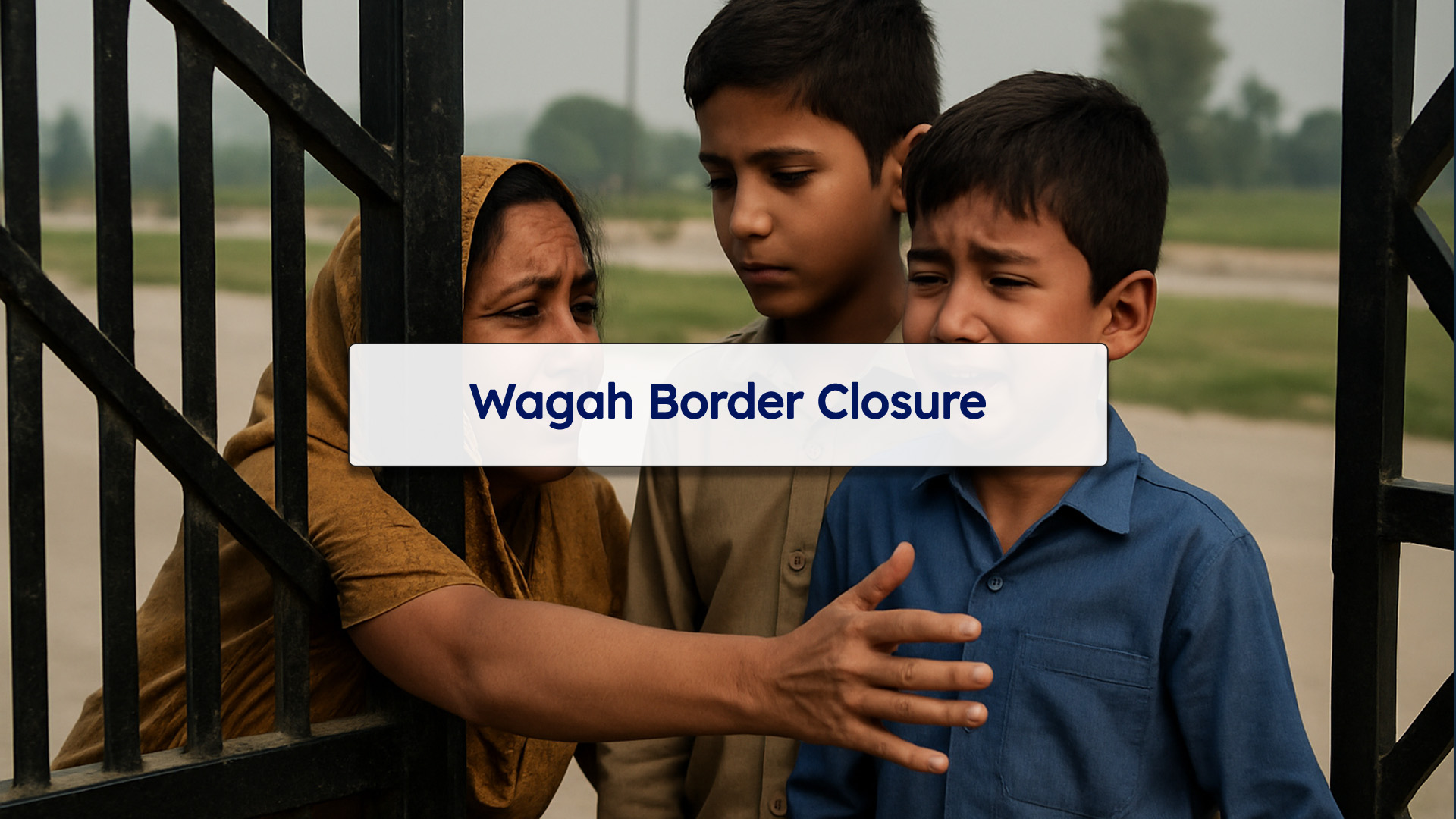In the heart of South Asia, where the Wagah border has long stood as a symbol of division—and at times, fragile connection—between India and Pakistan, a new chapter of grief and uncertainty has begun. Recent escalations have led to the closure of this crucial crossing point, once a rare lifeline for divided families. Now, that lifeline has been severed, and the human cost is deeply personal.
Among the most heartbreaking consequences is the forced separation of families. In recent weeks, reports have emerged of children being ordered to return to their home countries without their mothers, a cruel twist that has sparked outrage and sorrow. Women who crossed the border for familial visits, medical care, or routine visa renewals are now stranded. With borders sealed and communication lines heavily monitored, the emotional toll on both sides is immeasurable.
Children, confused and traumatized, are caught in a geopolitical crossfire they neither understand nor deserve. For many, this separation is not just temporary; it’s indefinite. Mothers worry for their children’s safety in unfamiliar lands. Children cry for their parents as governments trade blame. This is not diplomacy. This is a humanitarian crisis unfolding at the pace of politics.
Historically, the Wagah border served not just as a political boundary, but as a meeting point for divided families to share moments of humanity—weddings, funerals, reunions. Its closure now represents a broader collapse in empathy and dialogue. No security concern can justify the trauma inflicted on innocent families who simply want to be together.
International human rights organizations must take note. Advocacy for open humanitarian corridors and urgent visa reforms is no longer a political preference—it is a moral imperative. It is time for both nations to recognize that while borders may divide land, they should never be allowed to break the bonds of family.
At the end of the day, behind every policy decision are real lives: a child longing for their mother, a mother pleading for her child, and a future generation watching how we handle this moment.


